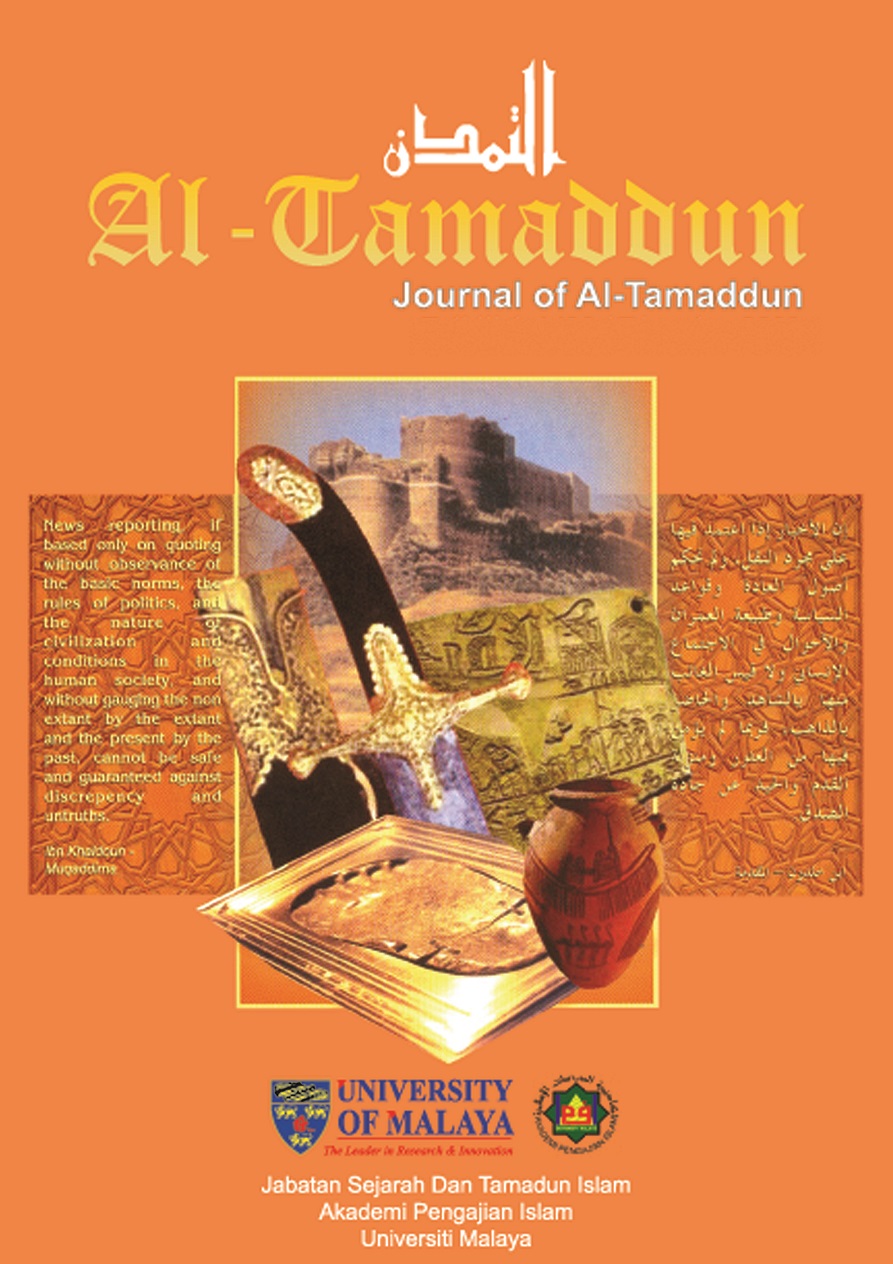Islam in Japan: from Confinement to Muslim-Friendly
DOI:
https://doi.org/10.22452/JAT.vol19no2.6Keywords:
Japan, Development, history , Muslim minorityAbstract
Islam is a minority religion in Japan. The development of religions originating from outside Japan experienced a vacuum during the closure of Japan in the Tokugawa era. However, the Meiji Restoration and the United States occupation of Japan after the Second World War brought about a mental revolution in Japan, leading to the acceptance of new values and diversity. The growth of Islam globally has also influenced the development of Islam in Japan. This article aims to explain the development of Islam in Japan up to contemporary times. The research is historical and the sources were collected through library research. The data sources for this research include news, reports, statistics, journal articles, and books about Islam and its history in Japan. The analysis process uses a social history approach. The research indicates that Islam began to develop its preaching after opening up, the United States revolution, and the 1973 oil crisis. Japan has developed positive relations with Muslim countries by protecting Muslims in practicing their worship and embracing their beliefs. The global growth of Muslims has also encouraged Japan to develop halal tourism, which has become a popular issue in the contemporary era. However, the Japanese government does not want to interfere in the issue of religious education, as it is separate from formal school matters. Additionally, the availability of Muslim burial grounds is still constrained due to cultural differences.
Downloads
Additional Files
Published
How to Cite
Issue
Section
License
Copyright (c) 2024 Journal of Al-Tamaddun

This work is licensed under a Creative Commons Attribution-NonCommercial 4.0 International License.
By submitting manuscripts to the Journal of Al-Tamaddun, authors agree to transfer copyright to the journal. However, authors may republish their work or grant others permission to republish it; in which case it should be accompanied by a proper acknowledgment that the work was originally published in the Journal of Al-Tamaddun. The journal adopt CC-BY-NC licence which authors may also share and distribute their article anywhere of non-commercial website, social media and repositories immediately on publication.
Authors may also reuse the Abstract and Citation information (e.g. Title, Author name, Publication dates) of their article anywhere at any time including social media such as Facebook, blogs and Twitter, providing that where possible a link is included back to the article on the journal site.










